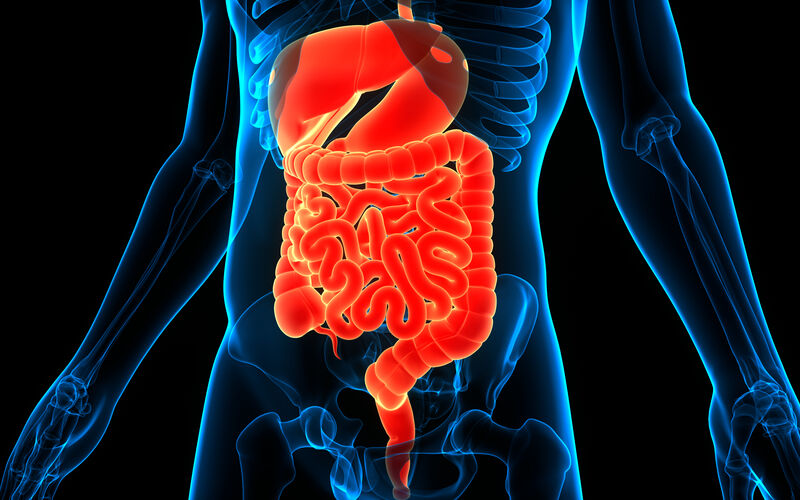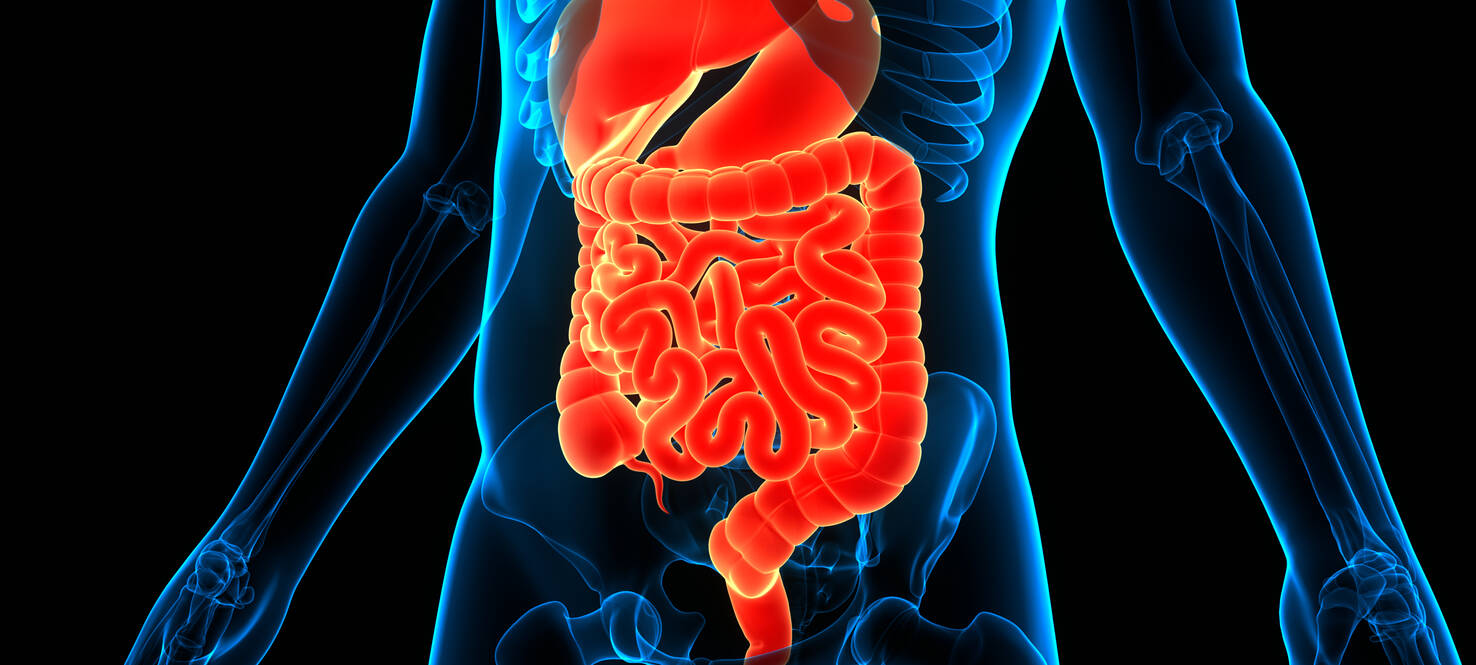5 Things To Know About Peritoneal Disease and Treatment
Peritoneal disease occurs when cancer cells spread to the lining of the abdomen, known as the peritoneum. These cells can scatter across the surface like seeds in the wind, creating hundreds or even thousands of tumors. The condition can cause serious complications, including bowel blockages, pain and malnutrition, and it often feels overwhelming for patients and families.

Michael Wach, MD
Moffitt Cancer Center’s peritoneal disease team is a national leader in this type of care. Learn more about this rare condition from Michael Wach, MD, a surgical oncologist in Moffitt’s Gastrointestinal Oncology Department.
Here are five key things patients and caregivers should know:
1. The peritoneum acts like a protective wrap for the abdomen.
The peritoneum is a thin lining that keeps abdominal organs in place, circulates peritoneal fluid and harbors protective immune cells. Wach compares it to plastic wrap. When cancer spreads there, it can seed across the surface and form hundreds or even thousands of tumors.
2. Peritoneal disease can start from many different cancers.
Cancers of the appendix, colon, ovaries and stomach are among those most likely to spread to the peritoneum. Each diagnosis requires its own treatment strategy, which may include chemotherapy, immunotherapy or surgery.
3. Treatment combines surgery and heated chemotherapy.
Cytoreductive surgery removes as much visible disease as possible and any organs that tumors have implanted on. Afterward, heated intraperitoneal chemotherapy is circulated through the abdomen. The elevated temperature helps the chemotherapy kill microscopic cancer cells left behind.
4. The procedure may ease symptoms and extend life.
For eligible patients, cytoreductive surgery and heated intraperitoneal chemotherapy can reduce bowel blockages, improve nutrition and extend survival. Although in many cases it does not lead to a complete cure, it often extends survival and provides a better quality of life.
5. Not every patient is a candidate.
Cytoreductive surgery and heated intraperitoneal chemotherapy is a major operation with a long recovery. Some side effects can be permanent. Surgeons carefully evaluate patients to balance risks and benefits. The decision depends on factors like where the cancer originated, how much is in the abdomen and overall health.
A Reason for Hope
“Peritoneal disease is frightening and often devastating,” Wach said. “But with cytoreductive surgery and heated intraperitoneal chemotherapy, we’ve been able to give patients more time and better quality of life. It’s not perfect, but it can make a real difference.”
WHAT TO ASK YOUR DOCTOR
If you or a loved one has been diagnosed with peritoneal disease, consider asking your care team:
- Am I a candidate for cytoreductive surgery and heated intraperitoneal chemotherapy?
- What are the potential risks and benefits for me personally?
- How long is the recovery period after cytoreductive surgery and heated intraperitoneal chemotherapy?
- What other treatment options should I consider?
- Are there clinical trials available that I may qualify for?




